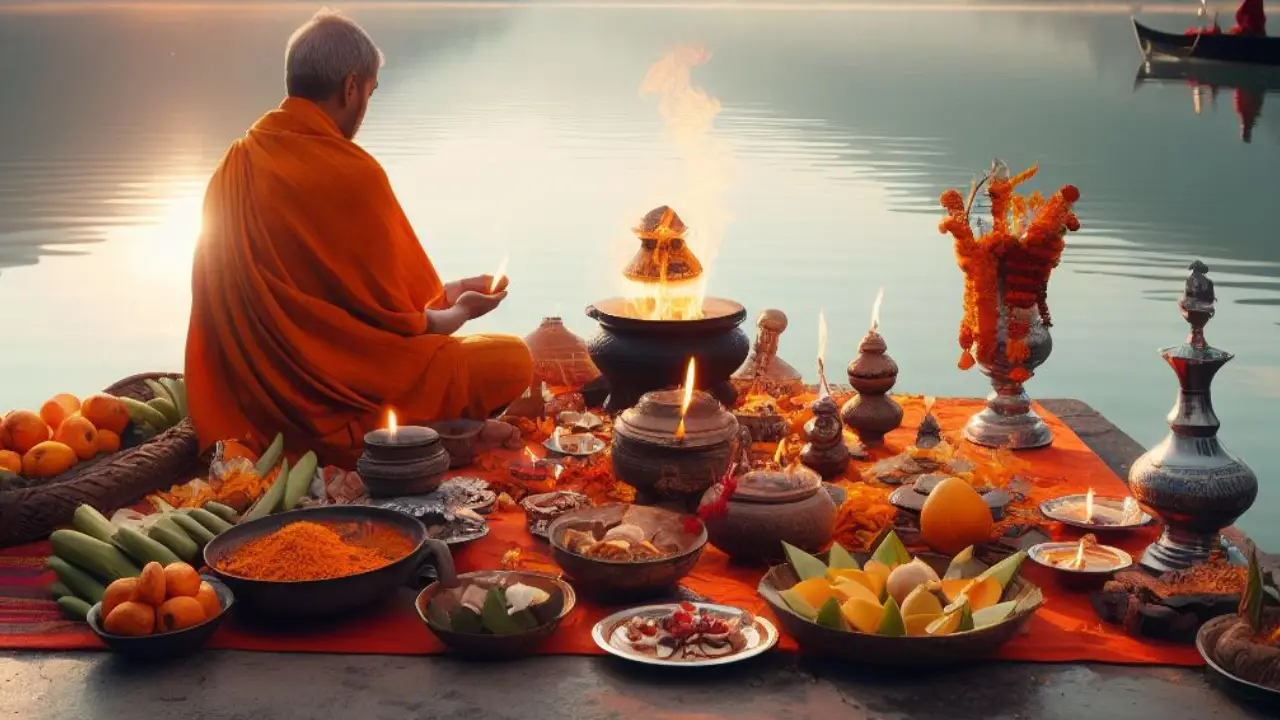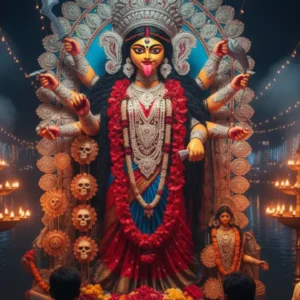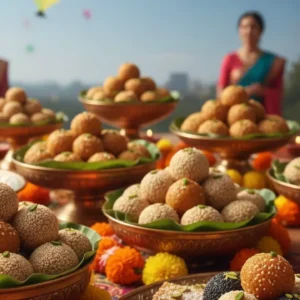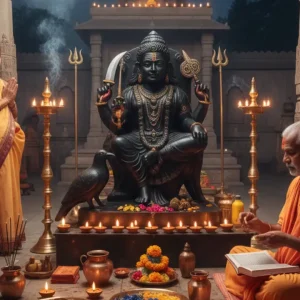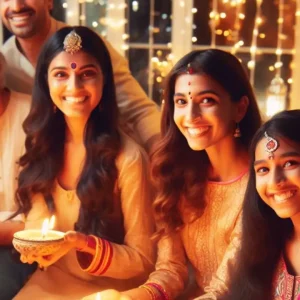In the vast tapestry of Hindu traditions, Pitrupaksh stands as a sacred period with profound implications. Spanning 16 days, it is a time devoted to venerating our ancestors, imploring their blessings, and seeking forgiveness. This blog post will delve deeper into the core of Pitrupaksh, unraveling its historical underpinnings, elucidating customs, and emphasizing its contemporary relevance.
Understanding Pitrupaksh
Pitrupaksh, alternately referred to as Pitru Paksha or Mahalaya Paksha, aligns itself with the dark fortnight of the lunar month Bhadrapada. Typically, it transpires in the months of September or October, following the exuberance of Ganesh Chaturthi. During this period, we believe that the spirits of our dearly departed ancestors make their sojourn to the earthly realm.
The Significance of Pitrupaksh
A Time for Remembrance: Pitrupaksh serves as a poignant occasion to remember and commemorate our forefathers. It urges us to reflect upon the actions and sacrifices of those who paved the way for our existence, thus acknowledging their profound influence on our lives.
Seeking Ancestral Blessings: In Hinduism, it is a prevalent belief that during Pitrupaksh, the spirits of our ancestors are more proximate to our worldly realm. By meticulously performing rituals and offering heartfelt prayers, we earnestly implore their blessings, beseeching for peace, prosperity, and well-being.
Resolving Unfinished Business: Another compelling facet of this period is the belief that our ancestors might still carry unfulfilled desires or lingering issues. Through the act of offering prayers and conducting prescribed rituals, we attempt to assist these souls in attaining closure, aiding them in their journey towards eternal serenity.
Customs and Rituals
Tarpan (Offerings to Ancestors): Families meticulously prepare offerings comprising food, water, and other essential items, to be placed at a designated spot. These offerings symbolize the deep-seated gratitude and profound respect accorded to the departed souls.
Pind Daan (Ritual of Offering Rice Balls): Pind Daan is an essential ritual carried out by either priests or family members. This ritual bestows spiritual merit upon the souls of the departed. It involves offering rice balls to the ancestors, accompanied by earnest prayers for their eternal peace and tranquility.
Charity and Donations: An inherent aspect of Pitrupaksh observance is philanthropy. Many individuals and families take the opportunity to offer assistance to the less fortunate. This act is considered virtuous, performed in the name and memory of their ancestors.
Recitation of Ancestral Names: While performing these rituals, it is customary to recite the names of one’s ancestors. This practice ensures that their memory remains indelible in the family’s collective consciousness.
Modern Observance of Pitrupaksh
In contemporary times, the observance of Pitrupaksh has undergone evolution. While the traditional rituals continue to be paramount, there is a discernible shift towards fostering compassion, love, and unity within the family. It has become a period where families come together, sharing anecdotes about their ancestors, and fortifying familial bonds.
The Universality of Ancestral Remembrance
While Pitrupaksh may have its roots entrenched in Hindu tradition, the essence of honoring one’s ancestors is a universal concept. Diverse cultures across the globe possess their own iterations of ancestral remembrance. These can range from annual memorial services to visits to ancestral graves. All emphasize the importance of maintaining a connection with our roots and the past. This shared human practice underscores the value of cherishing our heritage.
Conclusion
As we immerse ourselves in the timeless traditions of Pitrupaksh, it is imperative to grasp the essence of this sacred period. It is not merely a series of rituals. It is a profound opportunity to reconnect with our heritage, our family, and our own inner selves. By wholeheartedly embracing Pitrupaksh, we find solace in knowing that our ancestors continue to watch over us.
Have you celebrated Pitrupaksh or a similar ancestral remembrance in your culture? Your unique experiences and perspectives are invaluable. Kindly share your thoughts, anecdotes, and reflections in the comments section below. Let’s foster a meaningful conversation about the beauty of honoring our forefathers.

